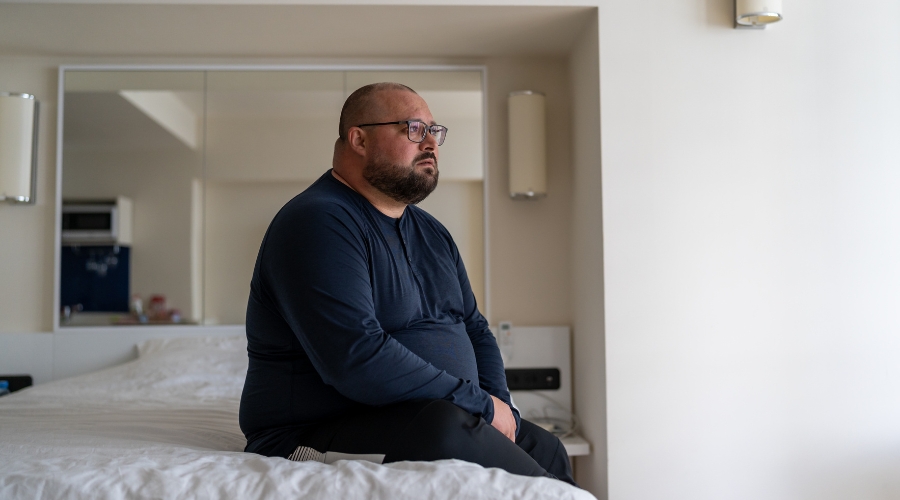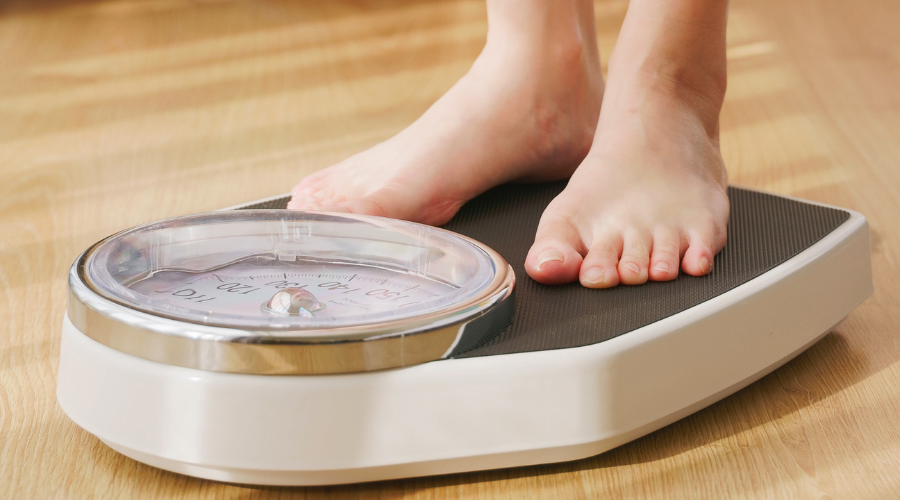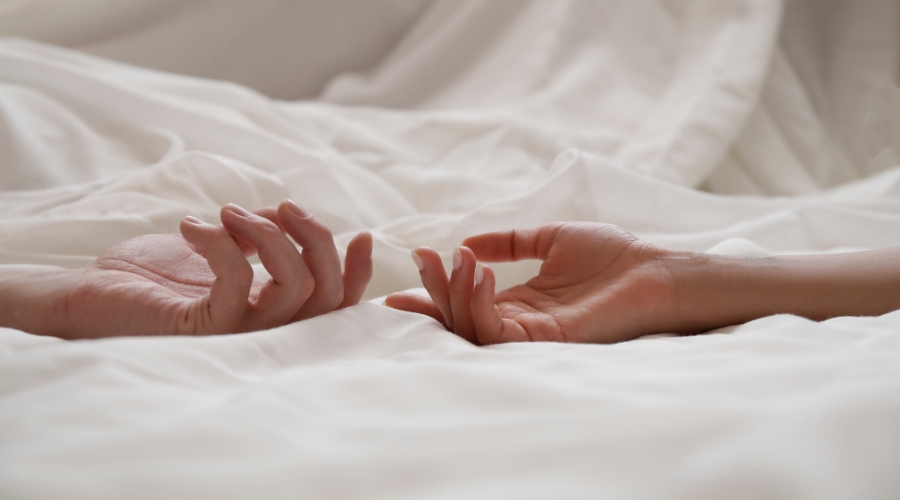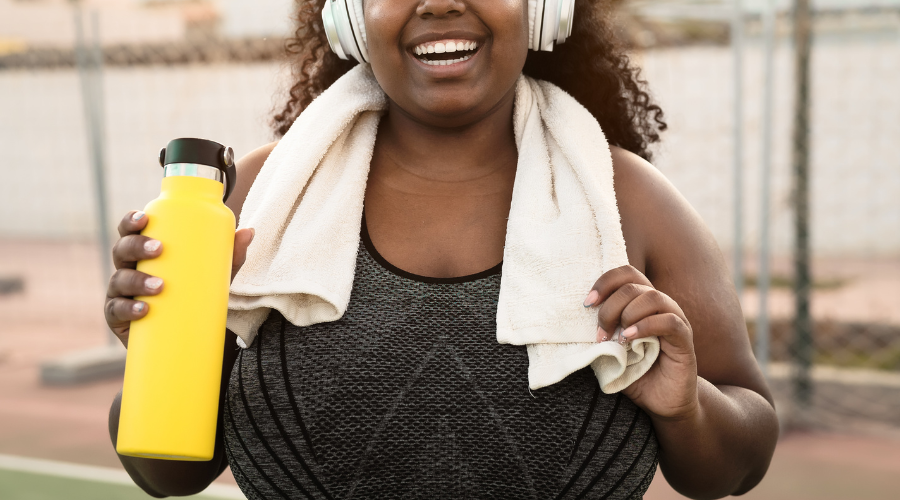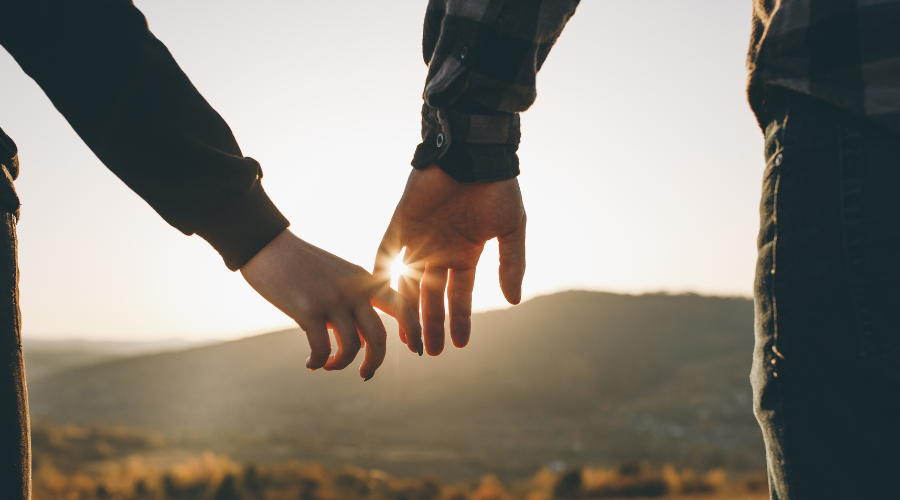Okay, let’s be real. This topic often catches people off guard.
We focus on protein, portion sizes, vitamins, hair loss, and water goals. But what about sex, intimacy, and feeling good in your own skin after surgery? That’s a different conversation.
So, let’s dive in.
In this week’s episode of Bariatric Paths, I had the pleasure of talking with Liz Mallers, a certified sex educator. I didn’t realize how much I needed this conversation until it started. We discussed what happens when you lose weight but feel more disconnected from your body than ever. We covered the flapping, the mental spirals, the headphones, and everything in between.
Because sex after surgery isn’t a simple transition. It’s not just, “I lost weight, now I feel sexy.”
Sometimes it’s more like, “I lost weight, now I feel exposed.” Other times, it’s “I lost weight, and my mind drifts during sex.” Often, it’s “I lost weight and have no clue what I like anymore.”
And guess what? That’s completely normal.
The Body Changes, and So Does the Bedroom
Liz helped me see something crucial: when your body changes a lot, your relationship with it changes too. The body you worked so hard to create might not feel like home yet. Trying to be intimate in a body you don’t recognize can create unexpected disconnection.
Dissociation during sex is real. We called it “spectatoring.” It happens when you’re not fully present because you’re busy worrying about how your body looks or what your partner might be noticing. You may go through the motions, but mentally, you’re not even there.
For me, sex became less predictable after weight loss. That unpredictability made me feel out of control, triggering my instinct to disconnect. It wasn’t about not wanting sex. It was about not feeling safe, even with my husband of 10 years.
Relearning What Feels Good
Another big realization? Erogenous zones can change.
Liz explained that after significant weight loss, places that used to feel good may not anymore, while new ones might become sensitive. Your skin settles differently, your nerve sensitivity adjusts, and your brain is mapping a new experience.
So, we need to explore again.
By ourselves. With partners. Slowly. With curiosity, not pressure.
Feeling sexy doesn’t just happen because your pant size dropped. It comes from confidence, self-trust, and good communication.
Let’s Talk About the Tools
This episode isn’t just talk. Liz shared actual tools that made an impact on me:
– The Red, Yellow, Green light method: It’s a simple way to communicate in the moment. Red means stop, yellow means slow down, and green means go. It’s a game changer.
– Headphones: Seriously. If your own thoughts or the sound of skin become too loud, music can help you focus on the feelings instead of distractions.
– Grounding: Sometimes, your mind needs help staying present. A weighted blanket, your partner’s body weight, or a gentle touch can bring you back to the moment. Grounding helps keep your mind with your body.
This Journey Isn’t One-Size-Fits-All
Whether you’re married, dating, or somewhere in between, intimacy after surgery will feel different for everyone, and that’s okay.
For those who are single, we discussed what it’s like to date in a post-op body. From when to share your surgery history to figuring out your comfort level, it all comes down to you. What feels honest? What feels safe? What feels true to your journey?
There’s no right answer. But there’s space for all of it.
We understand that sex, confidence, self-worth, and healing deserve just as much focus as vitamins and protein shakes. You are more than a number on a scale. You’re a complete person, and your story matters.
Let’s Keep the Conversation Going
If you haven’t listened to the episode yet, go check it out. It’s especially helpful if you’ve felt confused or disconnected about your sex life after surgery.
It’s not just about sex; it’s about healing and reconnecting with yourself.
If you want more honest discussions like this, join our community: Bariatric Paths: Your Journey, Your Tribe on Facebook. It’s a judgment-free zone where we talk about all aspects of this path, even the ones others avoid.
Thanks for reading, thanks for listening, and remember, your path is YOURS. You are not alone.
XO Jatoyia
About the Author
Jatoyia Armour is the founder of Bariatric Paths and the host of the Bariatric Paths Podcast. After losing 178 pounds through weight loss surgery, Jatoyia created a place for open conversations, genuine support, and no shame. She is a wife, mom, advocate, and honest storyteller who believes healing goes beyond just the scale. Through her work, she is building a community where every bariatric journey, surgical or otherwise, is valid, personal, and powerful.
Connect with Jatoyia and follow her on all platforms @BariatricPaths or visit www.BariatricPaths.com. You can also join the discussion in the Facebook group Bariatric Paths: Your Journey, Your Tribe.



